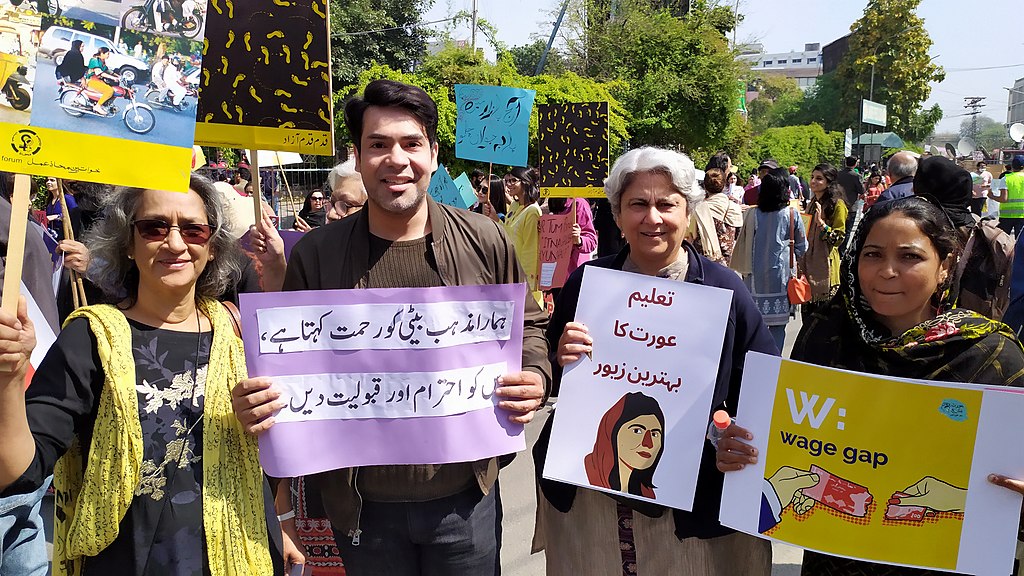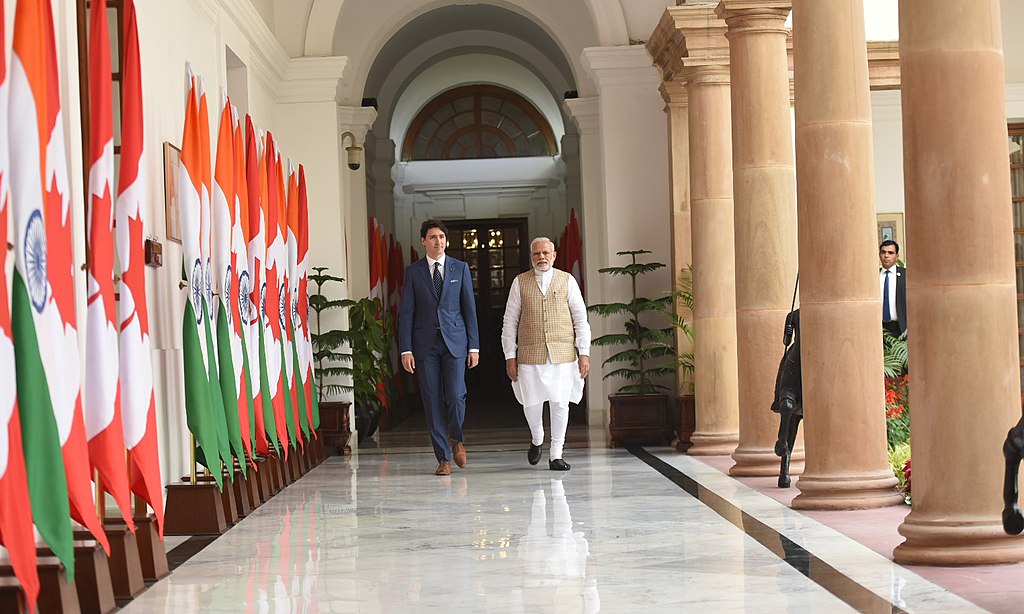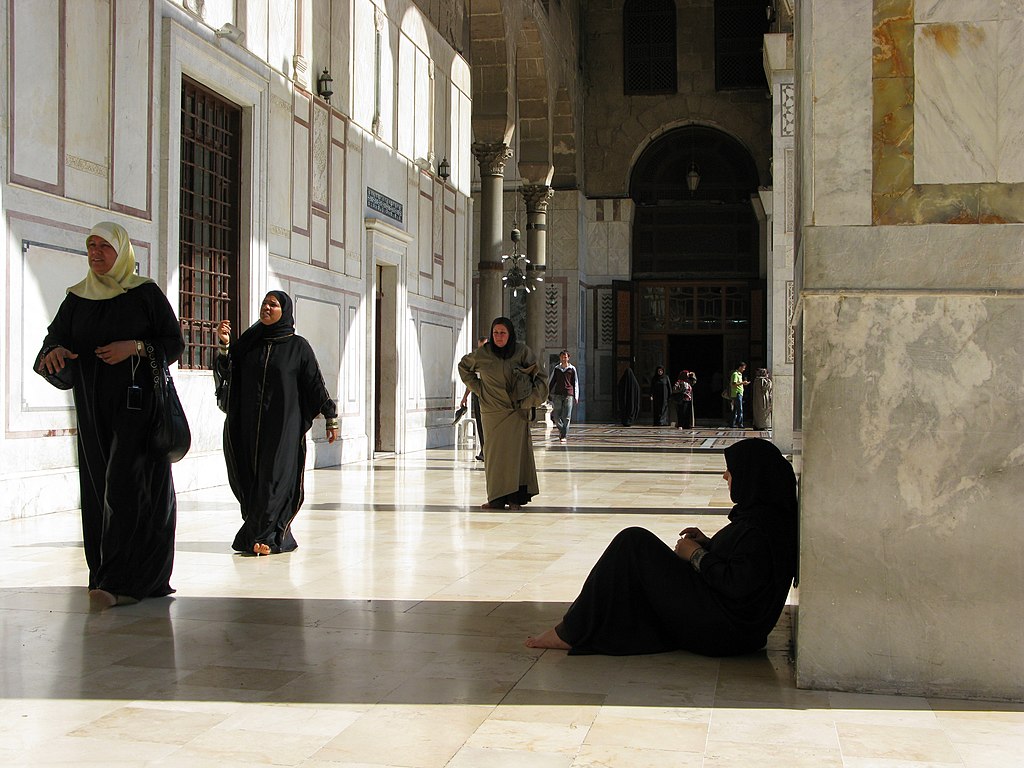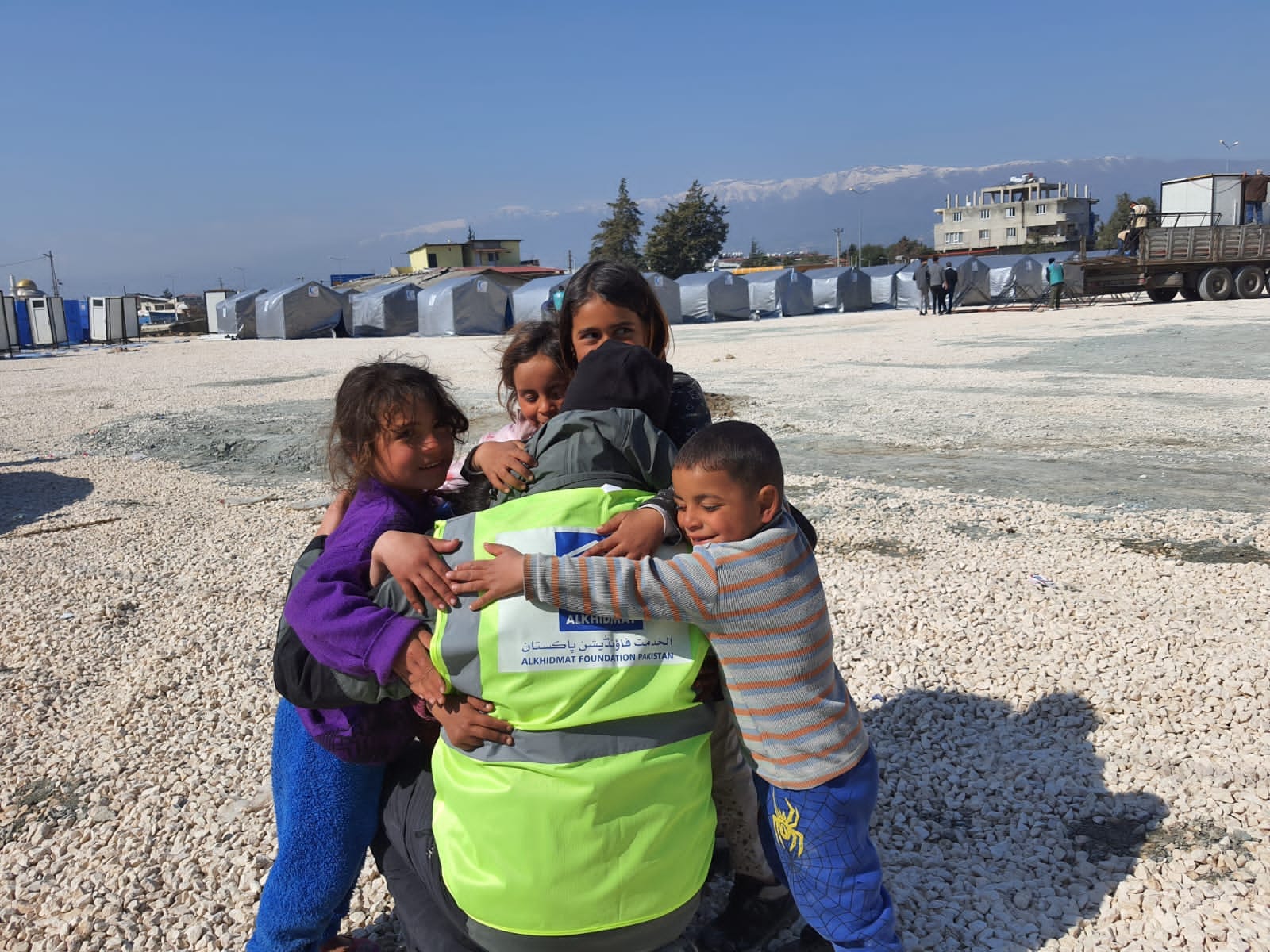By Sharifa Mehboob
Discrimination against women has been present in virtually every society throughout history. Women have faced discrimination in all areas of life, including education, employment, and politics, and have been subject to violence, harassment, and oppression. In this article, we will explore the issue of women’s rights and discrimination against women which is faced by women for centuries, with a particular focus on a range of approaches that Islam offers to help to change the condition of women.
Discrimination against women takes many forms, from the most obvious and explicit forms of gender-based violence and harassment to more subtle forms of discrimination, such as unequal pay, access to education, share in inheritance, married women’s property and participation in politics. Discrimination against women is a violation of human rights, and it is a barrier to development and progress of the family as well as the society.
Islam teaches equality and fairness for all human beings, regardless of gender. Islam has a rich history of women’s rights, and throughout Islamic history, women have played an important role in society, from business leaders, scholars and rulers to a more special role of mother.
Islam does encourage modest dressing for both men and women as a means of promoting humility, respect, and dignity. However, it does place particular emphasis on modest dressing for women, and there are several reasons why this is so . Islam recognizes that women are vulnerable to harassment and abuse when they are not modestly dressed, and so it promotes modesty as a way to safeguard women’s physical and emotional well-being.
Protection of women’s honor: modesty is seen as a means of protecting women’s honor and dignity.
Spiritual purity: modesty is also seen as a means of attaining spiritual purity. According to Islamic teachings, dressing modestly helps to purify the heart and cultivate a sense of inner peace and contentment.
Social harmony: modesty promotes social harmony by encouraging people to interact with one another based on mutual respect and common values rather than superficial appearance. In Islamic societies, modest dressing is seen as a way to create a sense of unity and belonging among the community.
Focusing on inner beauty: Modesty helps to shift the focus from outward appearance to inner beauty and character. Islamic teachings emphasize the importance of developing a strong moral character and inner beauty, and modest dressing is seen as a means of reflecting that inner beauty outwardly.
Overall, Islam encourages modest dressing as a means of promoting a society that values humility, respect, and dignity for all individuals, and it views women’s modesty as an important component of that vision.
Another concept of Islam that is frowned upon by the majority of the world is qawwam. It is an Arabic term that is often translated as “guardian” or “protector” and is used in Islamic texts to refer to the role of men as the protectors and sustainers of women. This concept has been widely misunderstood as a tool for male domination and female oppression.
However, the true meaning of qawwam is far from this misconception. According to Islamic teachings, the role of men as qawwam is not one of domination or control over women, but rather a responsibility to provide for and protect them. This concept is founded on the basis that that women and men possess distinct responsibilities and roles in today’s society, but that these roles are complementary and equally valuable.
In practice, the concept of qawwam is meant to give surety that women are handled with dignity and respect, also that the rights of women are being protected at every cost. Men are expected to use their strength and authority to provide for and protect their families, but they are also expected to do so with kindness, compassion, and understanding. Moreover, women are not meant to be subservient or inferior to men, but rather valued and respected members of society who have their own unique roles and responsibilities.
Irrespective of what the world says about the we cannot neglect the fact that Islam has done nothing but the raise the status of women. The women are respected and valued as much as the other gender of the society. The protection of the women’s rights is an important notion in a Muslim society.
Before the advent of Islam, female infants were often buried alive or left to die, as they were seen as a burden and a liability. Islam, however, strictly prohibits this practice, and it is considered a grave sin in the religion.
Islam also recognizes the equal value of men and women and prohibits discrimination based on gender. The Quran states that “whoever does righteous deeds, whether male or female, while being a believer – those will enter paradise and will not be wronged, [even as much as] the speck on a date seed” (Quran 4:124). This verse clearly demonstrates the Islamic belief in the equal worth of women and men in the eyes of God.
Another significant achievement of Islam in the area of women’s rights is the provision of inheritance rights for women. Before the advent of Islam, women were often excluded from inheriting property, and their inheritance rights were often dependent on the whims of their male relatives. Islam, however, guarantees women the right to inherit from their fathers, husbands, and other male relatives.
Islam also recognizes the right of women to own and manage property, which was a significant achievement for women’s economic empowerment. Women in Islamic history were known to be successful businesswomen, traders, and farmers, and their economic contributions were widely recognized. One of the most famous Muslim female entrepreneur was Khadija bint khuwaylid, the first wife of the prophet Muhammad (pbuh). Hazrat Khadija was a successful businesswoman who owned her own trading business and was known for her intelligence, leadership, and financial acumen.
Hazrat Khadija’s financial success and business leadership were highly regarded by the prophet Muhammad (pbuh), who worked for her as a trader before they were married. After their marriage, Khadija continued to support and encourage the prophet Muhammad in his religious pursuits, and she played an important role in the early years of Islam.
Overall, Khadija bint Khuwaylid was a trailblazer for women in business and economics in the early years of Islam. Her legacy as a successful businesswoman and financial leader continues to inspire women today.
Islam also recognizes the right of women to knowledge and education. The prophet Muhammad (peace be upon him) once said, “seeking knowledge is obligatory for every muslim, male and female.” this statement clearly shows that Islam values education and encourages both men and women to seek knowledge.
The women are Islamic society are encouraged to participate in political life. Women in Islamic history have held positions of power and influence, from the prophet Muhammad’s wife, Khadija, who was a successful businesswoman, to Aisha, who was a scholar and political leader and all the other ummah Atul momineen and sahabiat in their respective fields.
Despite Islam’s rich history of women’s rights, discrimination against women remains a problem in many Muslim-majority countries. Women are often subject to violence, harassment, and discrimination in these countries, and their rights are often restricted in the name of religion or culture.
In many Muslim-majority countries, there are still cultural and social norms that perpetuate discrimination against women. These norms often result in women being excluded from education and economic opportunities and being subject to violence and harassment due to lack of Islamic values. However, it is important to recognize these cultural norms are not unique to Muslim societies, and exist in many other societies around the world.
The infringement of women’s rights in Pakistan has been a significant issue that goes against the teachings of Islam. Despite being a predominantly Muslim country, Pakistan has a history of oppressing women and denying them fundamental human rights. Women face discrimination in all aspects, from education to employment and personal freedom. This infringement of their rights is contrary to the teachings of Islam, which emphasize the significance of treating women with respect and equality.
The Quran explicitly states that women and men are equal in Allah’s eyes and should be treated with kindness and fairness. Unfortunately, many cultural and societal norms in Pakistan have resulted in women being treated as second-class citizens, directly opposing Islam’s teachings. Pakistan must address these issues and work towards creating a society that upholds the rights of all individuals, regardless of gender by educating and giving awareness of true Islamic teachings.
The issue of women’s rights and discrimination against women is not unique to Islam or Muslim societies. Women around the world have faced discrimination and inequality throughout history, and it is only through concerted efforts to promote gender equality that progress can be made.
In conclusion, Islam has played an important role in advancing women’s rights throughout history, yet a lot of work is still left which needs to be done and in order to make sure that there is an equal treatment of women and they are being treated fairly in all aspects of life. Discrimination against women is a violation of human rights and a barrier to development and progress. It is up to all of us, regardless of religion or culture, to work towards promoting gender equality and empowering women to achieve their full potential. Only through a commitment to equality and fairness can we build a society where women are truly free to live their lives without fear or discrimination
The views expressed herein may not necessarily reflect the views of JI FAD and/or any of its affiliates






